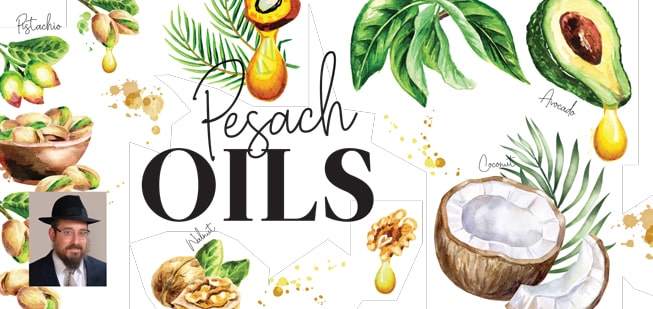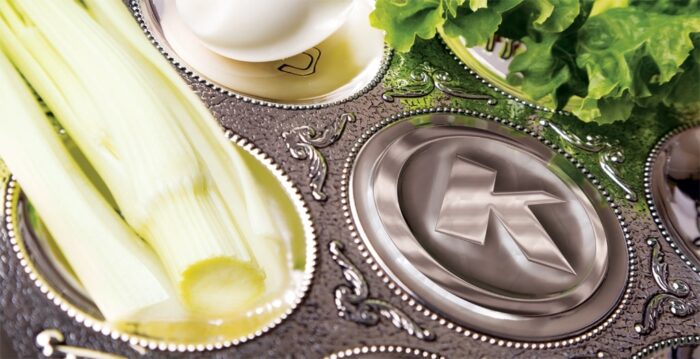What is Chametz?
Chametz is any leavened food product made with one of the “five grains” – wheat, barley, oats, spelt and rye. Torah Law prohibits Chametz for Jews during the Passover holiday. This prohibition includes eating, using, and even owning any products that are or contain Chametz. Hence the requirement to sell one’s chametz leading up to Passover (as you’ll see below).
How Selling Chametz is Relevant to Kosher Certification.
We evaluate a product’s kosher status by its ingredients and formula, as well as the equipment and production processes. This also applies to Kosher-for-Passover certification. However, Chametz that is owned by a Jew during Passover (beginning from the morning before Passover until the conclusion of the 8-day holiday) isn’t permitted for consumption even after Passover. Jewish ownership during Passover renders a formerly kosher product to be non-kosher.
Why Companies Sell Their Chametz for Passover.
Jewish businesses can abide by these laws without suffering a monetary loss. Torah Law allows a Jewish person to sell any chametz or potential chametz they or their company own to a gentile prior to Passover. Indeed, OK Kosher requires this for all of our Jewish-owned companies. The logic behind selling one’s Chametz for Passover, known as mechiras chametz, is simple. When you sell your chametz, you transfer ownership of it. This allows you to avoid the prohibition of owning it during Passover. Of course, all other prohibitions of chametz, such as eating, still apply.
Selling your assets to a stranger, even temporarily, may not seem to be in your best interest. However, we take precautions to protect business owners in this regard. Additionally, mechiras Chametz is a practice observed for hundreds of years. It’s even been done by major corporations in contemporary times, with no negative impact ever reported.
With this sale, the chametz belongs to a person who is not Jewish for the duration of the holiday. At the conclusion of Passover, the original Jewish owner may purchase his chametz back from the buyer. The sale contract gives the original owner exclusive rights to buy it back after Passover. Then, kosher consumers may consume the previously sold Chametz.
How to Sell Your Company’s Chametz.
The particulars depend on whether or not your company is open for business during the Passover. This includes purchasing, selling or producing chametz. For a company that’s open for business during Passover, the sale contract includes the future-acquired chametz too. If your company will be closed during the entirety of Passover, the sale includes only currently-owned Chametz.
The requirement to sell Chametz applies even when the Jewish owner is not the sole proprietor. OK Kosher can’t certify any products that are or contain Chametz if this sale has not taken place.
Chametz-related laws are complex and detailed. Typically, one sends a POA to a rabbinic authority, who then arranges the sale with the temporary owner. OK Kosher has prepared POA forms for either scenario for OK certified companies to fill out. Our Rabbis are fully qualified to execute these sales according to Torah Law. This will protect the kosher status of your products throughout Passover, and year-round.
For questions on selling Chametz for Passover; the requirements or process, please contact the OK Kosher Service Desk. Or reach out directly to your OK account representative.
Sell your chametz online with OK Kosher.
Apply for Kosher Certification (including for Passover).


 EN
EN  ZH
ZH  KR
KR  BR
BR  ES
ES  IN
IN  IL
IL 




